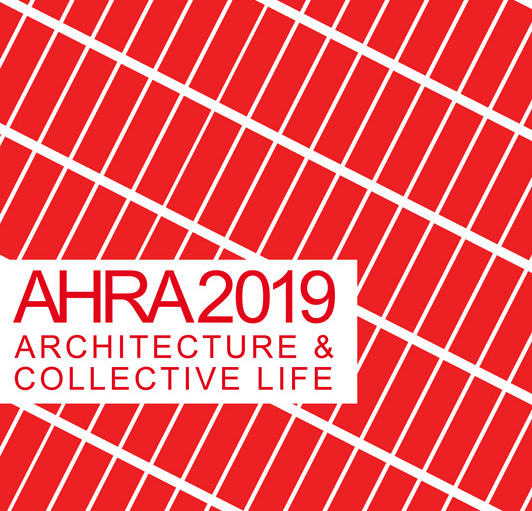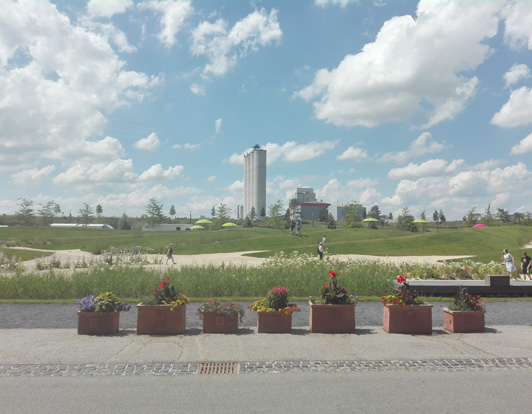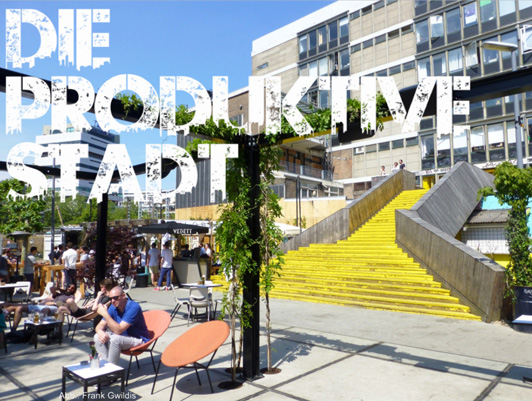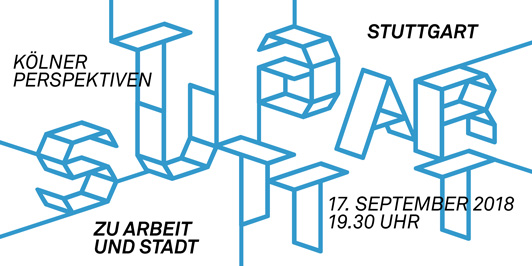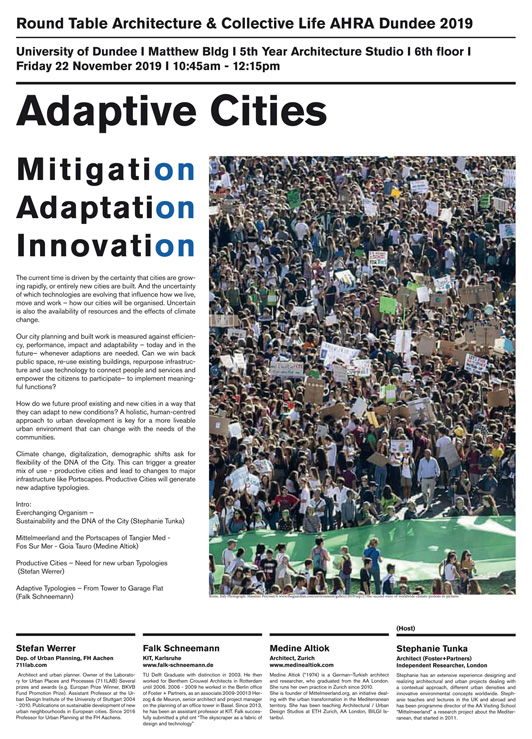
The current time is driven by the certainty that cities are growing rapidly, or entirely new cities are built. And the uncertainty of which technologies are evolving that influence how we live, move and work – how our cities will be organized. Uncertain is also the availability of resources and the effects of climate change.
Our city planning and built work is measured against efficiency, performance, impact and adaptability – today and in the future – whenever adaptions are needed. Can we win back public space, re-use existing buildings, repurpose infrastructure and use technology to connect people and services and empower the citizens to participate – to implement meaningful functions?
How do we future proof existing and new cities in a way that they can adapt to new conditions? A holistic, human-centered approach to urban development is key for a more livable urban environment that can change with the needs of the communities.
Climate change, digitalization, demographic shifts ask for flexibility of the DNA of the City. This can trigger a greater mix of use – productive cities and lead to changes to major infrastructure like Portscapes. Productive Cities will generate new adaptive typologies.
Everchanging Organism – Sustainability and the DNA of the City (Stephanie Tunka)
Mittelmeerland and the Portscapes of Tangier Med – Fos Sur Mer – Goia Tauro (Medine Altiok)
Productive Cities – Need for new urban Typologies (Stefan Werrer)
Adaptive Typologies – From Tower to Garage Flat (Falk Schneemann)
Historic Cities – (Ibai Rigby)
![]()
